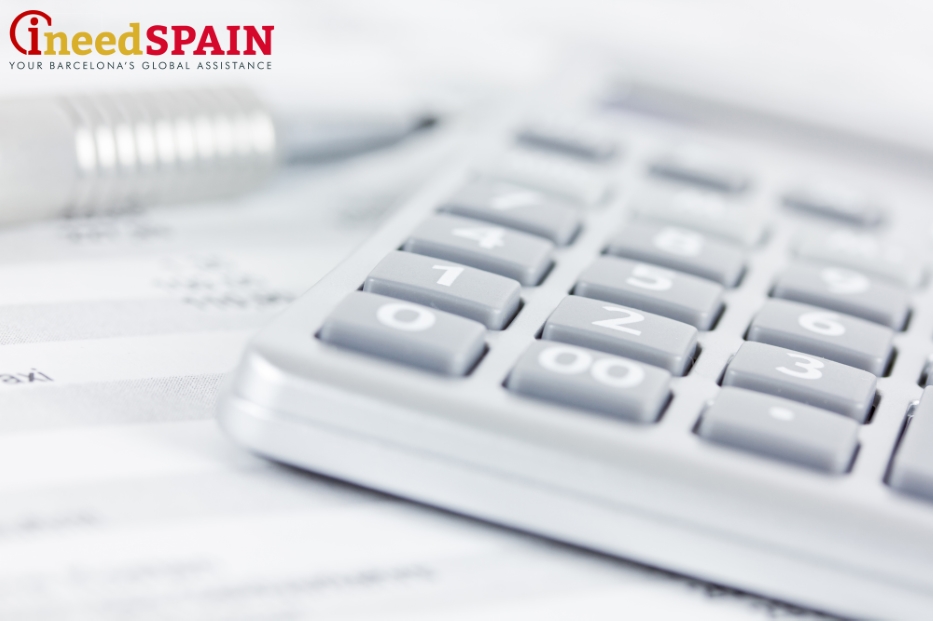
When attempting to obtain a residence permit in Spain, it is crucially important to study the legal norms of the country, including those dealing with the taxation system. In case of any violations in this area, one may be not only rejected when requesting to prolong a residence permit, but may also receive administrative penalties (at times, even criminal prosecution).
Tax system in Spain: key features
Despite the relatively recent formation of tax institutions in this country, the Spanish taxation system has developed into an efficient system since the mid-20th century. The milestones in this evolution occurred with the termination of Franco’s dictatorship in 1975 and Spain’s entrance into the European Union in 1986. In spite of the intensity of the integration processes in the European Union, the countries preserve a high degree of autonomy in questions of domestic policy as well as taxation. Below are several facts that characterize the modern tax system in Spain:
- Despite the fact that Spain is a unitary state, three taxation levels exist in the country: federal, regional, and local (the municipality level). Autonomies and municipal formations have a broader range of powers, with around half of all the country’s taxes concentrated in the two lowest levels. Nevertheless, tax rates in different provinces can greatly vary.
- The State Tax Agency of Spain is an authority that regulates all taxation issues and is responsible for tax collection in Spain. It has a main office in Madrid and branches across the country (in every city or municipality).
- The fiscal year in Spain coincides with the calendar year. The reporting period (the period when a tax declaration is due) lasts from May to June.
- The tax system in Spain is one of the most efficient systems due to the new computer and digital technologies used in the process of collection and calculation of taxes (it is rather difficult to evade paying taxes in Spain).
- The tax system in Spain is rather flexible and is characterized by a high level of tax individualization. Thus, the government takes into account the taxpayer’s personal and family circumstances. Analysis of these factors can result in a reduction of the tax load. ‘Tax deduction,’ as termed in the Spanish Fiscal Code, also represents the reduction of the tax base. For instance, property investors, parents of children under 3 years old, and donators may qualify for tax deductions.
- Spain has signed double taxation agreements with many countries, including the United States and Great Britain, which means that taxpayers from these countries do not have to pay tax on the same income twice. In other words, the tax must be paid either only in the country of origin or only in Spain.
- In order to become an official tax resident, it is necessary to obtain a tax registration number (Número de Identidad Fiscal (NIF)). This is easy to obtain if you have the NIE.
The differences stipulated by the tax system in Spain for residents and non-residents

Non-residents in Spain must pay non-resident income tax (Impuesto Sobre la Renta de No Residentes). Should a non-resident own a property on Spanish territory (even if the property is not a source of income, viz. it is not for rent), shares in Spanish companies, or state bonds, he or she must pay this tax. The revenues obtained from temporary Spanish jobs (generally seasonal) are also taxed. The tax rate for residents of other E.U. countries constitutes 19%, while for non-E.U. countries it is 24 %.
The main taxes in Spain are as follows:
- Income tax (Impuesto sobre la renta de las personas físicas / IRPF). This is a mandatory, direct tax levied on the revenues of physical entities at a progressive rate (in the case of holding a tax residency in Spain).
- Wealth tax. In 2008, the Spanish government introduced the wealth tax for those who possess considerable capital across the world. The tax amount is calculated depending on the value of the declared assets, starting at € 700,000 (tax-free allowance).
- Capital income tax. According to the tax system in Spain, the capital gains tax is not direct. As a rule, Spanish tax residents are obliged to pay a capital gains tax on the sale of any assets anywhere in the world. Non-residents must pay this tax only when conducting operations (mainly sales) with Spanish real estate.
- Immobile property (Impuesto sobre los Bienes Inmuebles). This tax is imposed at the regional level and declared in the Spanish local offices. It represents a percentage paid as a result of any property ownership on Spanish territory.
- VAT (Impuesto sobre el Valor Añadido (IVA). The tax system in Spain predetermines the following VAT rates: 21% for products and services, 10% for passenger transport, paid roads, exhibitions, secondary food products, waste removal, disinfection, and sewage treatment; 4% for first aid, food products, medications, books, and newspapers.
- Corporate tax. This is a tax levied on any income obtained by a business entity on Spanish territory. In 2016-2017, the general rate for corporate tax in Spain was reduced to 25%. During the first two years of economic activity, the tax rate for recently founded companies is established at 15%.
Contact INEEDSpain service center if you have any questions related to the tax system in Spain. Our specialists will provide you with all the necessary information in the field of taxation in Spain.





